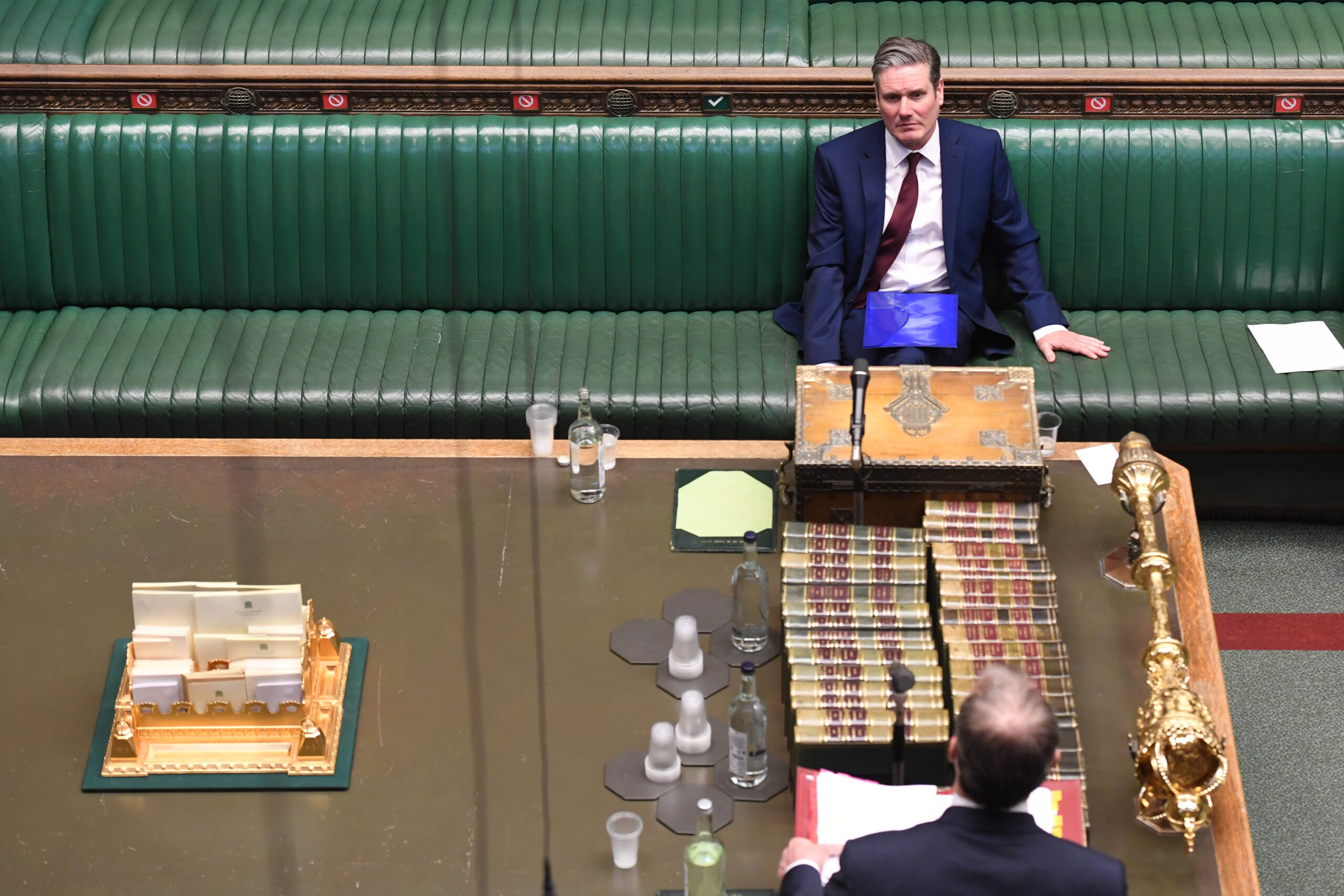
The Tory party is currently riddled with instability, whether we’re talking about vast disagreements and differences within not just parliament, but also in cabinet; or we talk about the significant separation between Tory members and their representatives, most agree that the Tory party are certainly too unstable to govern properly. However, do not let this deranging Tory psycho-drama distract from the fact that the current Labour party is just a hotbed of contradictions, and if there is an election victory even half as landslide-like as predicted by some, this will be the only thing we will be able to talk about.
Sir Keir Starmer is hated by the radical youth activist wing of his party; they view him as a red-Tory and thus feel his management of the party is too right wing for their particular taste. This is not typically an issue for prime ministers, especially if they have a strong majority and are particularly charismatic, but I just do not believe that Starmer ticks the second criteria. The man is about as charismatic as the male voice of Siri talking about policy, this was especially clear during the COVID pandemic, where we saw this on full display with his lacklustre, hushed but lecturer-esque tone taken in PMQs – an event that is supposed to be the prime place for exaggerated and expressive political theatre. He has had to make up for this with a particularly harsh whip hand, easily dismissing MPs and ministers who directly go against him. The reason they often go against him is because they just don’t take him very seriously, especially surrounding the issue of strikes. Starmer can continue to go on and on about how “serious” and “government ready” his party is, but when he can’t even get his own MPs to stand with him, when their positions mean nothing while in opposition, how on earth is he going to get them to stand with him if he is in government?
The answer to that question is that he will not, he will be forced to constantly have to wrangle his MPs to do anything, so that soon enough into a Labour government, we will see the party split into factions within factions. I think we can already see that if we look at the Labour party conference this year. The duality of the contemporary Labour party is best demonstrated here in the two anthems that were sung by members who attended the conference. The first anthem was the national anthem in which the reluctant and confused audience were given lyrics to sing the anthem of the country they wish to govern. They did sing but it was clearly not their thing. Indeed, Jeremy Corbyn and other left wingers within the party all found time to tweet about how “strange” and “odd” it was to have to sing the national anthem. This, of course, was contrasted with the final day and the singing of the ‘Red Flag’ anthem, all about socialist martyrs and the glorious struggle for equality, which needed no assistance for lyrics or harmony; the members were perfectly happy to sing along to this particular song. The so-called ‘right’ of the Labour party are in leadership, but, using this example, it is clear what the membership think. This disconnect was also reflected in the speeches of the delegates to conference which were homogeneous in their admiration for Corbyn, and their decries of Starmer’s decision to kick him out of the parliamentary party, following the Equalities Commission’s report surrounding antisemitism within the party.
Sir Keir Starmer has, in recent months, tried to mitigate his image of being too right wing by promising new windfall taxes and publicly-owned infrastructure, but the left of the party, being insatiable, are just not happy with how small a distance Starmer is going to appease their demands. A comparable leader in my view is the former Tory prime minister, John Major. He was a ‘moderate’ in the Tory party, constantly surrounded by the Eurosceptic part of his party, always being perceived as too left wing for his party, thus his general weakness of character and lack of leadership meant a largely chaotic time in office. His term now should be synonymous with the horrific way in which he went about privatising the rail and also the general image of corruption with the ‘cash for questions’ scandal riding high among his various issues. He was certainly in power, but the country didn’t care much for him and tossed him out in 1997 after a stagnant term in office.
I wish to conclude by saying that I do not see any party managing to bring an ounce of long-term stability to this country, as we live in a fundamentally broken system, kept in place by the few people who benefit from it. We are extorted for our votes every election, on the ominous threat of our political opponents winning, thus we are never really free to choose as we please. What choice we do have is between two parties whose meaningful differences are discussed among the punditry and the chattering classes, a wholly simulated conflict who’s equally fictitious results are felt not among the people, but among the pleased and satisfied conscious of the winning party’s leadership. So, woe in Britain, for we are truly stuck in the mud.



Average Rating